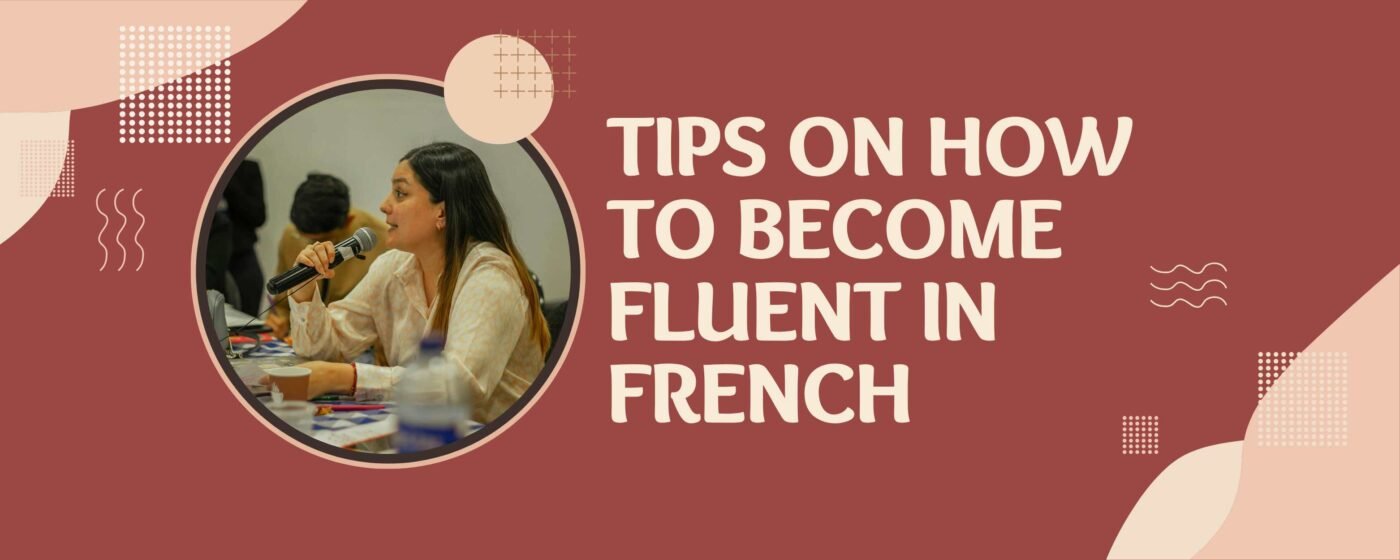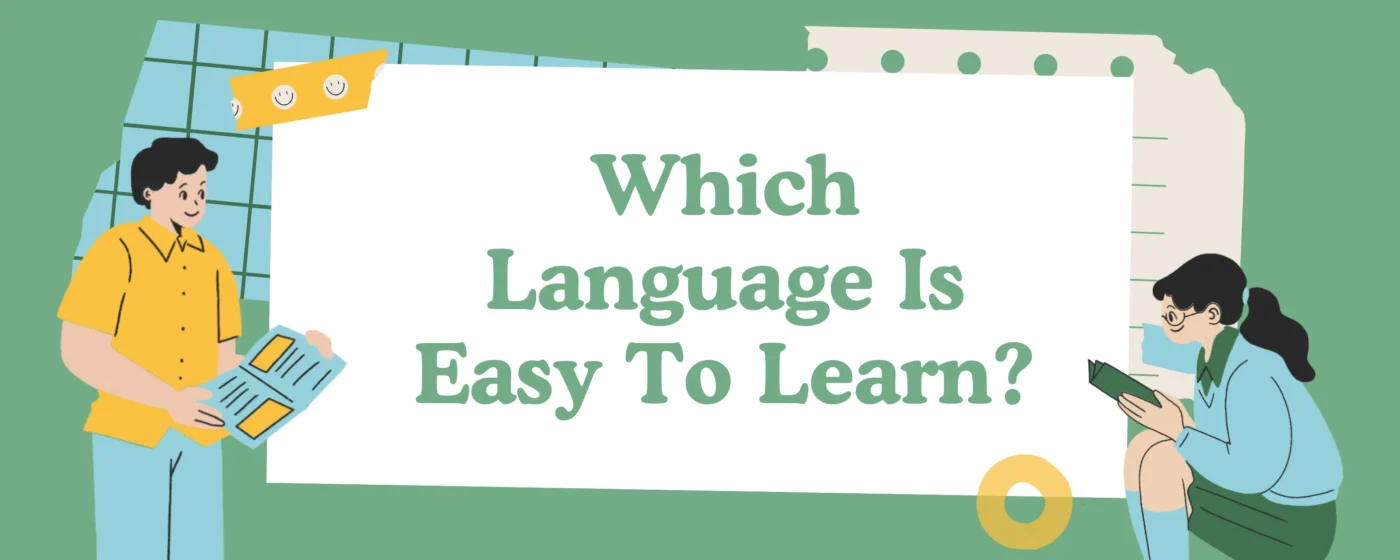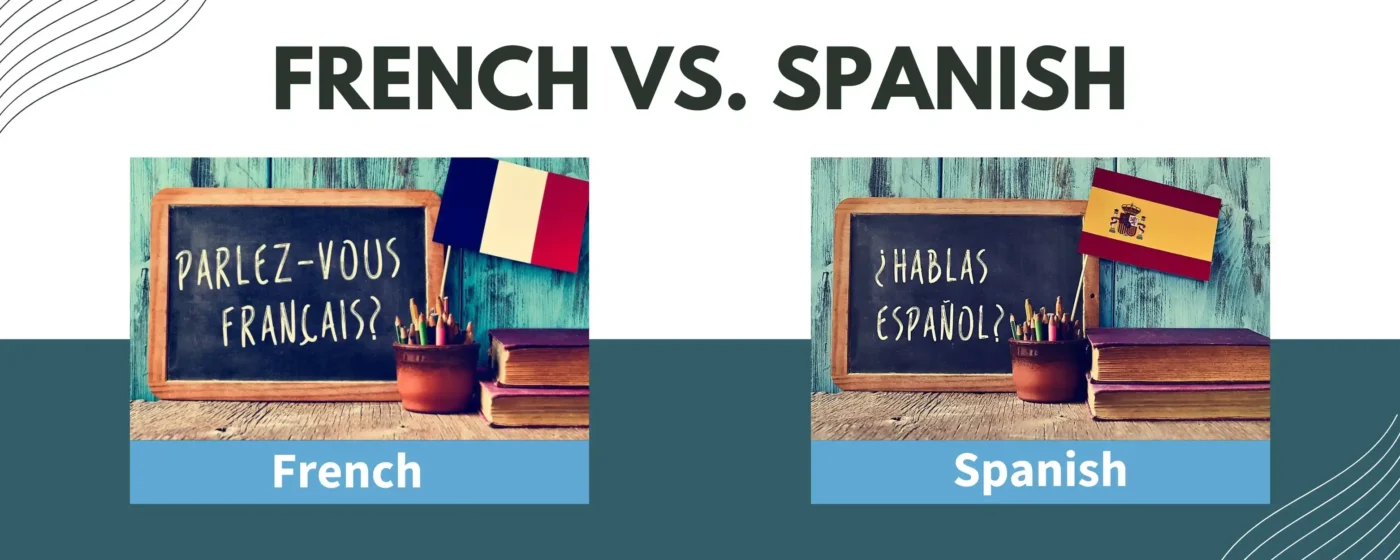Mastering the art of asking questions is essential when learning French, as it helps you communicate effectively and engage in meaningful conversations. Whether you’re asking for directions, clarifying information, or simply expressing curiosity, understanding how to form questions boosts fluency. This guide simplifies French question formation by covering essential rules, examples, and practical tips, making it easier for learners to apply these skills in everyday life and confidently navigate French-speaking environments.
Key Takeaways
- Learn the Essential question words such as qui (who), que/qu’est-ce que (what), quand (when), où (where), & pourquoi (why).
- In French language also uses comment (how) & combien (how much/how many) to ask for explanations or quantities.
- Combining question words with good intonation or inversion is necessary for clear, accurate French questions.
- Practice common questions such as (Where do you live?) Où habitez-vous ? & (Why are you learning French?) Pourquoi apprenez-vous le français ?
- The right questions spark dialogue, show curiosity, & open doors to deeper language exchange!
Why Asking Questions in French Is Important?
Questions are the building blocks of communication. They help initiate conversations, clarify doubts, and deepen connections in French-speaking environments. When you learn to ask questions effectively, you unlock the ability to express curiosity and interest. Moreover, understanding question formation improves your overall fluency, making interactions more natural and meaningful.
The Three Ways to Ask Questions in French
1. Using Intonation
The simplest way to form a question in French is by using intonation. This involves raising your voice at the end of a statement.
Examples:
- Tu vas au marché ? (Are you going to the market?)
- Elle aime le chocolat ? (Does she like chocolate?)
This method is informal and works well in casual conversations.
2. Using ‘Est-ce que’
Adding est-ce que before a statement turns it into a question. This method is more structured and is commonly used in both formal and informal contexts.
Examples:
- Est-ce que tu as fini tes devoirs ? (Have you finished your homework?)
- Est-ce que nous allons au cinéma ce soir ? (Are we going to the cinema tonight?)
Tip: If the next word starts with a vowel, que contracts to qu’, as in Est-ce qu’il est prêt ?
3. Inverting Subject and Verb
Inversion involves switching the subject and the verb to form a question. This method is formal and often used in written French or professional settings.
Examples:
- Viens-tu avec nous ? (Are you coming with us?)
- Avez-vous une réservation ? (Do you have a reservation?)
Tip: When the subject is a noun, you must include a corresponding pronoun. For example: Marie vient-elle demain ? (Is Marie coming tomorrow?)
Essential French Question Words
Learning question words expands your ability to ask a variety of questions. Here are some key ones:
1. Qui, Que, and Quoi
- Qui (Who): Refers to people.
Example: Qui est là ? (Who is there?) - Que (What): Used in formal settings or with inversion.
Example: Que fais-tu ? (What are you doing?) - Quoi (What): Used informally, often at the end of a sentence.
Example: Tu fais quoi ? (What are you doing?)
2. Où, Quand, and Comment
- Où (Where): For asking about places.
Example: Où habitez-vous ? (Where do you live?) - Quand (When): To ask about time.
Example: Quand est ton anniversaire ? (When is your birthday?) - Comment (How): For asking about manner or means.
Example: Comment ça va ? (How are you?)
3. Pourquoi and Combien
- Pourquoi (Why): To ask about reasons.
Example: Pourquoi es-tu en retard ? (Why are you late?) - Combien (How much/How many): To ask about quantity.
Examples:- Combien ça coûte ? (How much does it cost?)
- Combien de frères as-tu ? (How many brothers do you have?)
Practical Examples of French Questions
Here are real-life scenarios where you can use these question forms:
1. Asking for Directions:
Où se trouve la gare ? (Where is the train station?)
2. Ordering Food at a Restaurant:
Est-ce que vous avez des options végétariennes ? (Do you have vegetarian options?)
3. Clarifying Information in Casual Settings:
Tu parles de quoi ? (What are you talking about?)
Common Mistakes to Avoid
1. Incorrect Word Order:
Mistake: Est-ce que parle-tu anglais ?
Correction: Parles-tu anglais ?
2. Misusing Question Words:
Mistake: Combien tu veux ce livre
Correction: Combien coûte ce livre ?
3. Using Informal Structures in Formal Settings:
Mistake: Tu veux quoi ? (What do you want?) in a formal setting.
Correction: Que voulez-vous ?
Choosing between online and offline language schools depends on flexibility, interaction, and learning style. Compare both options in Online vs Offline Language Schools to make an informed decision.
Tips for Practising Question Formation
Practising question formation is key to improving your French-speaking skills. Here are some effective methods to help you master this essential aspect:
1. Role-Playing Conversations
Engage in role-playing exercises where you act out real-life scenarios, such as ordering food or asking for directions. This builds confidence and helps you practise both formal and informal questions.
2. Speak with Native Speakers
Join language exchange programmes or interact with native speakers online. Platforms like Tandem and HelloTalk offer opportunities to practise asking and answering questions naturally.
3. Use Flashcards for Question Words
Create flashcards with French question words like qui, quoi, and pourquoi. On the reverse side, write examples. Regularly test yourself to build familiarity.
4. Record Yourself
Record yourself asking and answering questions. Listening to your recordings helps identify areas where pronunciation or grammar can be improved.
5. Practise with Language Apps
Apps like Duolingo, Babbel, or Quizlet have specific exercises on question formation. Use them consistently to reinforce your skills.
6. Immerse Yourself in French Media
Watch French movies, listen to podcasts, or read dialogues. Pay attention to how questions are framed and mimic their style.
7. Practice Journaling
Write daily questions in French about topics you’re curious about. For instance, ask, “Où vais-je aujourd’hui ?” or “Pourquoi cela fonctionne-t-il ainsi ?”
With these diverse methods, you can build confidence, fluency, and a solid grasp of asking questions in French.
Learning French? We’ve Got Hacks!
Sign up and let our tutors show you learning hacks that’ll speed up your progress!
Advanced Tips: Polite and Formal Questions
As you advance in French, mastering polite and formal question structures becomes essential, especially in professional or formal settings. French culture places great importance on politeness, so knowing how to phrase questions correctly shows respect and cultural awareness.
1. Using Polite Expressions
In formal situations, phrases like “Pourriez-vous” (Could you) or “Voudriez-vous” (Would you) are commonly used. For instance:
- “Pourriez-vous m’aider avec ce problème ?” (Could you help me with this problem?)
- “Voudriez-vous prendre un café avec moi ?” (Would you like to have a coffee with me?)
These expressions soften your request and make it sound more courteous.
2. Using ‘Puis-je’ for Permission
The phrase “Puis-je” (May I) is a formal way to ask for permission. For example:
- “Puis-je utiliser votre téléphone ?” (May I use your phone?)
This is often used in formal environments such as workplaces or official meetings.
3. Avoiding Informal Structures
In formal settings, avoid colloquial phrases or dropping question words. For example, instead of saying “Tu peux m’aider ?”, use the formal structure “Pourriez-vous m’aider ?”.
4. Formal Question Inversion
Inversion is a hallmark of formal French. This involves swapping the subject and verb, often adding a hyphen. For example:
- “Avez-vous terminé votre travail ?” (Have you finished your work?)
- “Comprenez-vous ce que je dis ?” (Do you understand what I’m saying?)
- Remember to add a -t- for phonetic ease when the subject starts with a vowel:
- “Aime-t-elle ce film ?” (Does she like this movie?)
5. Using ‘S’il vous plaît’
Adding “s’il vous plaît” (please) to your questions can instantly make them sound more polite:
- “Pourriez-vous m’indiquer le chemin, s’il vous plaît ?” (Could you show me the way, please?)
6. Understanding When to Use Formality
Use formal questions in workplaces, with strangers, or in professional emails. For casual interactions, like speaking with friends or family, informal structures are acceptable.
7. Cultural Sensitivity
French etiquette values respectful communication. For example, when addressing someone older or in authority, using formal language is crucial. Even a small misstep, like skipping a formal question structure, can seem impolite.
By integrating these advanced techniques, you’ll not only improve your linguistic skills but also align with cultural norms, making your communication more effective and polished.
Improving your French reading skills takes French reading practice and the right approach. Follow these Tips on How to Read French effectively.
Frequently Asked Questions
1. How to ask a question in French examples?
To ask a question in French, you can use methods like intonation (Tu viens ?), est-ce que (Est-ce que tu viens ?), or inversion (Viens-tu ?). Each method suits different levels of formality. Enroll at La Forêt for more examples.
2. What are some good French questions?
- Comment ça va ? (How are you?)
- Où habitez-vous ? (Where do you live?)
- Pourquoi es-tu ici ? (Why are you here?)
Learn more about practical French questions with La Forêt French Class.
3. What are question words in French?
French question words include qui (who), que/quoi (what), où (where), quand (when), comment (how), pourquoi (why), and combien (how much/many). Master them with courses at La Forêt French Class.





